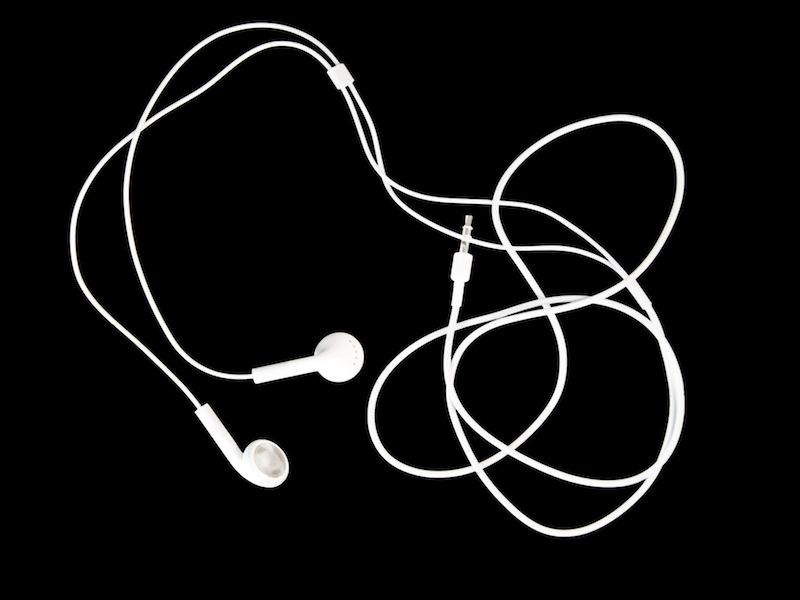
It’s not necessary to feel like your by yourself if you haven’t had a hearing test since you were a kid. It isn’t commonly part of a routine adult physical and unfortunately, we tend to deal with hearing reactively rather than proactively. In fact, even when they know they have hearing loss, the majority of people disregard it for up to seven years which can seriously impact your health. As a matter of fact, untreated hearing loss has been shown to raise your healthcare costs in the long run.
The good news, hearing tests are easy, pain-free, and give a wealth of facts for our experts to assist you, both for diagnosing hearing concerns and evaluating whether interventions like hearing aids are working. A full audiometry test is more involved than what you might remember from childhood and you won’t get a lollipop or a sticker when it’s done but you’ll get a much clearer understanding of your hearing.
It’s important that you regularly get your hearing checked even though you might not typically give your hearing as much consideration as your teeth or eyes. You may not recognize an issue with your hearing for some time. Hearing loss usually happens slowly, and the earlier you detect a problem with your hearing, the sooner you may be able to fix it.
When Should You Get Examined?
All newborns should be tested for hearing loss, and typically, the hospital takes care of that before they are sent home. Teenagers should be screened during regular checkups with their physicians and children should get formal hearing assessments at the ages of 4, 5, 6, 8 and 10 years old according to The American Academy of Pediatrics.
It’s suggested that if you are between the ages of 18 and 49, you have your hearing examined every five years and then, as you age, more frequently. After you turn 60 you need to get examined every two years and if you are in between 46 and 60 every three years. But don’t let that to stop you. Your unique situation will dictate when you should be an exam. You should get your hearing examined right away if you notice it isn’t as good as it used to be. A number of health issues are associated with untreated hearing loss, like increased risk of falling, cognitive decline, and depression. It can also affect your relationships and your ability to do work efficiently.
There are also situations in which you should get a hearing exam as soon as you can to address loss of hearing that could get worse. An immediate hearing test is advisable if:
- Your ears have constant ringing in them
- You are experiencing vertigo
- Conversations are difficult to hear when you are in a crowded area especially
- Your ear was infected, or there was a buildup of earwax
- You find yourself having to constantly ask people to repeat themselves
- Pinpointing where sounds are coming from is difficult
Whether you are at risk of hearing loss is another consideration. As an example, if hearing loss runs in your family or you are exposed to loud noises on a regular basis you should get your hearing tested more often.
Also, more than 200 ototoxic medications exist. From Aspirin to certain antibiotics, these medications can be very bad for your hearing. Consult your doctor to make sure any medicines you are taking aren’t impacting your hearing. If you need to take a medication that you know is ototoxic, think about getting more frequent hearing testing so you can manage any hearing loss right away.
Also, consider your habits and whether they might contribute to hearing loss. Are you using earbuds a lot? Hearing loss has noticeably increased in younger people, and many experts believe that this is caused by the use of headphones and earbuds. Your hearing can also be significantly damaged by loud concerts, shows, and machinery. Schedule your hearing test today if it’s time for you to have your hearing tested.